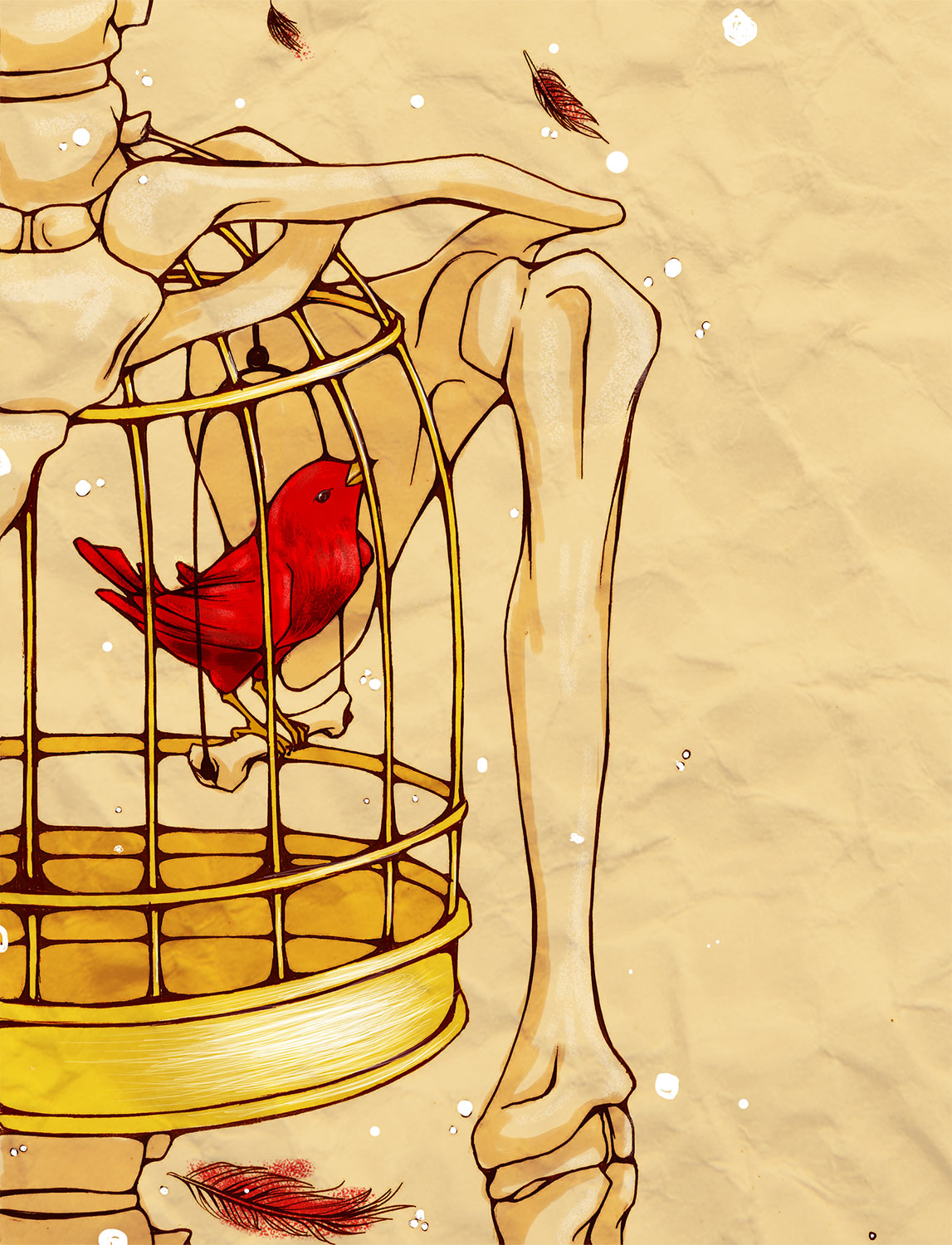
In our struggle between two or more conflicting cultures, we often find ourselves disassociating from things of Asian culture in favor of Western culture. As a result, we may also look down on those who haven’t assimilated as well. But what does the Bible say about these prejudices?
As I walked into the local park to play basketball, I could tell by their haircuts, soft-spoken demeanor, and thick accents that most of the players on the court were from China or Taiwan. Once we started playing a game, I was surprised by the acrobatic finishes at the rim, quick crossovers, and level of athleticism from these so-called “FOBs”.
Then it dawned on me — my inner reaction and low expectations had everything to do with my prejudices and preconceived notions of these more recent immigrants, that I had subconsciously deemed as the inferior other.
I thought they would be slow, uncoordinated, poor athletes, and less skilled because I determined in my mind that they’d probably never played organized basketball or were ever on a high school varsity team in the U.S. And even if they were a basketball team from China, how could it compare to the level of competition in the U.S.?
It was not that long ago that I came to this country at the age of seven, knowing only the alphabet and the word apple. The transition was far from easy.
I still remember the trauma of going to a Taiwanese/Chinese church in Pasadena the first week I arrived in Los Angeles. When the kids in Sunday School started to realize that I was not only new to the church but new to the country, they began to say — by what I could tell from the demeaning expression of their faces and condescending tone of their voices — things reserved for R-rated films.

Looking back, it was quite ironic that my first experience of marginalization and prejudice was caused by kids who looked just like me, and not members of a different race or ethnicity.
It was disappointing because I had hoped that church would be a place that would welcome me and help me transition to this new country. Instead, it was some of the non-Christian American-born Chinese students at school who tried to translate for me and wrote nice notes with hearts to me.
For Asian Americans who speak English without an accent, are able to score higher in the verbal and writing sections of the SATs than math, and are more in touch with American pop culture than their Asian heritage, it is very common to look down on those who are less Americanized and categorize them as second-class or non-citizens.
Perhaps we reject in them what we reject in ourselves — the perpetual inferior foreigner in the eyes of mainstream white American culture. Our condescension is fueled by our self-hatred, and this self-hatred starts at a very young age. I have seen many Asian American kids tell their parents some variation of the following: “I don’t want yucky Asian food, I want pizza!” Now, there is nothing wrong with pizza, especially New York style with some mushrooms and sausage, but there is definitely something wrong with an Asian American child calling beef noodle soup “yucky”. I suspect that for most of these kids, the issue is not the flavor of the food, but the desire to be viewed as normal, American, and therefore, not Asian.
When the second generation post-Exodus Israelites who were born in the desert were getting ready to enter the promised land, God instructed them, “So you, too, must show love to foreigners, for you yourselves were once foreigners in the land of Egypt” (Deuteronomy 10:19 NLT). The text can be taken to apply to our treatment of first generation Asian immigrants.
I am of the opinion that we get rid of the words “FOB” or “fobby” from our daily vocabulary, because it has never been a loving term used to describe someone. No matter how many generations we have been in this country, whether it was since a great-great-grand-father who planted sugar canes in Hawaii in the 1800s or a mother who came 30 years ago to get her Ph.D., we, too, were once foreigners in this land and are called to love those who have not yet fully assimilated into the fabric of American culture.
In fact, biblically speaking, we need the first generation. As Paul wrote, “The eye cannot say to the hand, ‘I don’t need you’” (I Corinthians 12:21). After all, where would the best parts of our heritage — like food — be without them? Let’s not forget that many of our institutions of higher learning are significantly funded through their tuition.
To put it in a different light, how are we as the Asian American Christian community different from the rest of the Asian American community in our treatment of less Americanized Asians?
In Galatians 2, Paul confronts Peter to his face when he saw Peter separate himself from the Gentiles upon the arrival of the circumcised Jews. Paul believed Peter’s behavior was “not in line with the truth of the Gospel” and argued, “We who are Jews by birth and not sinful Gentiles know that a person is not justified by the works of the law, but faith in Jesus Christ (Gal. 2:14-16). To the Jews in this context, being circumcised gave them approval and superior standing before God as God’s chosen people. Similarly, for Asian Americans, we believe we are “justified”, i.e., approved here in the U.S. and if we’re willing to be brutally honest, superior before God, because we are more American.
But the Gospel says that we are justified by faith in Jesus Christ and by what He did for us in the incarnation, crucifixion, and resurrection — not by how Americanized we are. What’s at stake is not just being nice people because we are Christians, but the truth of the Gospel!
What if the world saw the Asian American Christian community and became confused by how much we love our first generation brothers and sisters, young and old? What if deep friendships emerged because, in Christ, we are able to overcome the dividing walls of hostility? What if we laid down our lives for one another as Christ laid down his life for us? Maybe the world will begin to recognize us as Christians, just as the Antioch community did when Jews and Greeks gathered as a community to worship Christ (Acts 11:19-25).
I still struggle with the subconscious superiority complex that is rooted in both insecurity and pride as an Americanized Asian, but God’s been showing me more and more how much first-generation Asian Americans have to offer.
From being corrected on my Chinese by a masseuse from mainland China, given words of wisdom on how to manage the complexities of life by my mechanic’s wife, to being encouraged by a pastor of a predominantly Taiwanese congregation regarding my call, God has been revealing to me how blessed and fortunate I am to be around them and how much I need them in my life.

Liana Bak is a California State University Long Beach art student working to bring her art into the Christian community. Especially after studying abroad, she has become more open to the world God has to offer. Her art blog is ezekiel-thrash.tumblr.com. You can follow her on facebook at facebook.com/ezekiel.thrash.
